
Liberia is home to a significant portion of West Africa's remaining rainforest, which holds more than 100 million metric tons of irrecoverable carbon — only 12 percent of which is located within protected areas. And while Liberia historically has enjoyed relatively low deforestation rates, that may soon change as the country ramps up its economy and leverages its considerable natural wealth.

“Irrecoverable carbon” refers to the vast stores of carbon in nature that are vulnerable to release from human activity and, if lost, could not be restored by 2050 — when the world must reach net-zero emissions to avoid the worst impacts of climate change. Learn more about this critical research.
Adeolu Osibodu, a young photographer from Lagos, Nigeria, traveled to Liberia to chronicle the state of Liberia's rainforests, meeting with Indigenous communities and frontline conservationists along the way. His crisp, black-and-white images capture the majesty and fragility of these forest ecosystems that support the livelihoods of so many Liberians.
“One thing that was constant was the pride of Liberians to be Liberians,” Osibodu wrote of the trip. “In a way, this could be seen as a rebirth and the progression towards a new Liberia.”
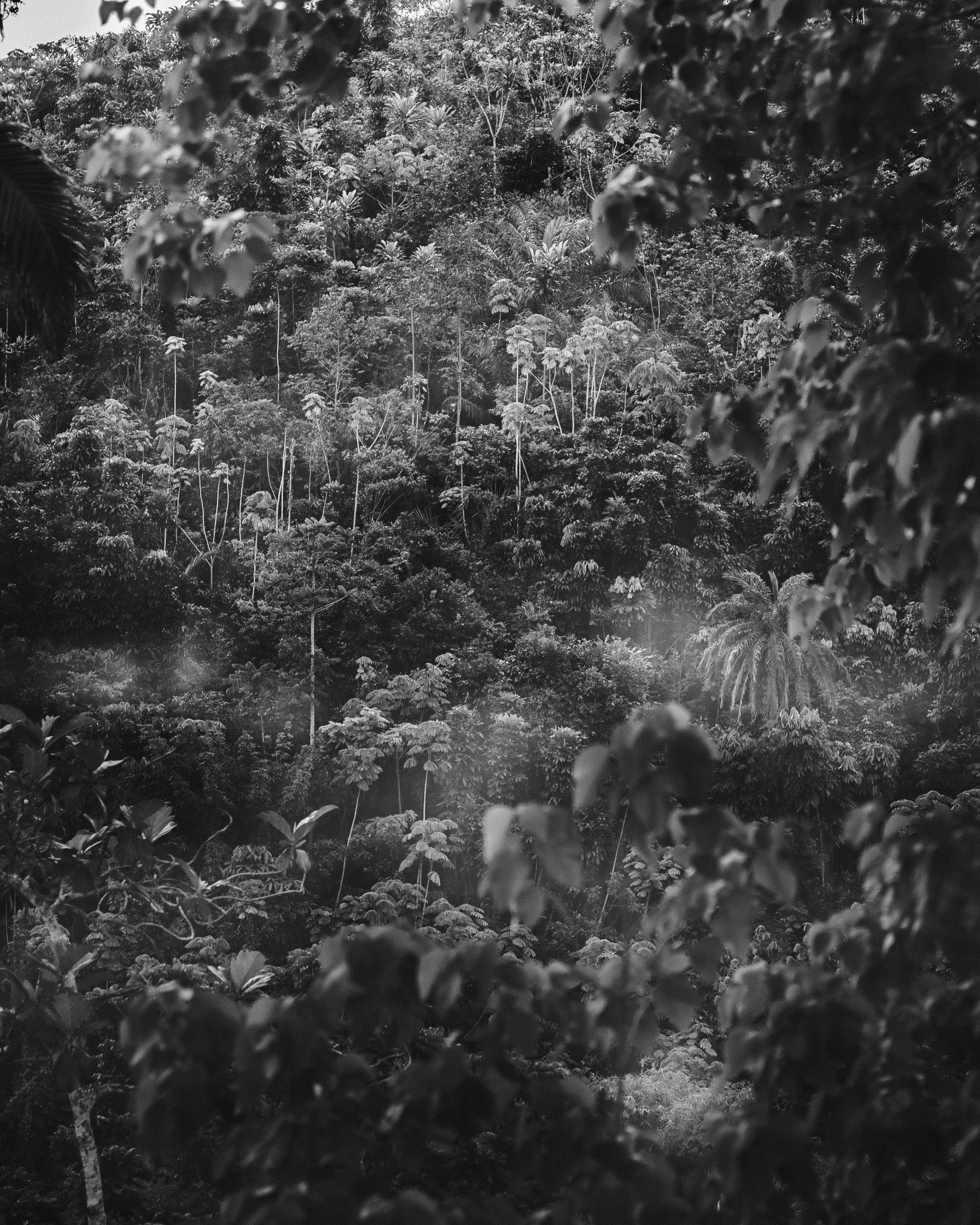
Forest Area, Nimba County.
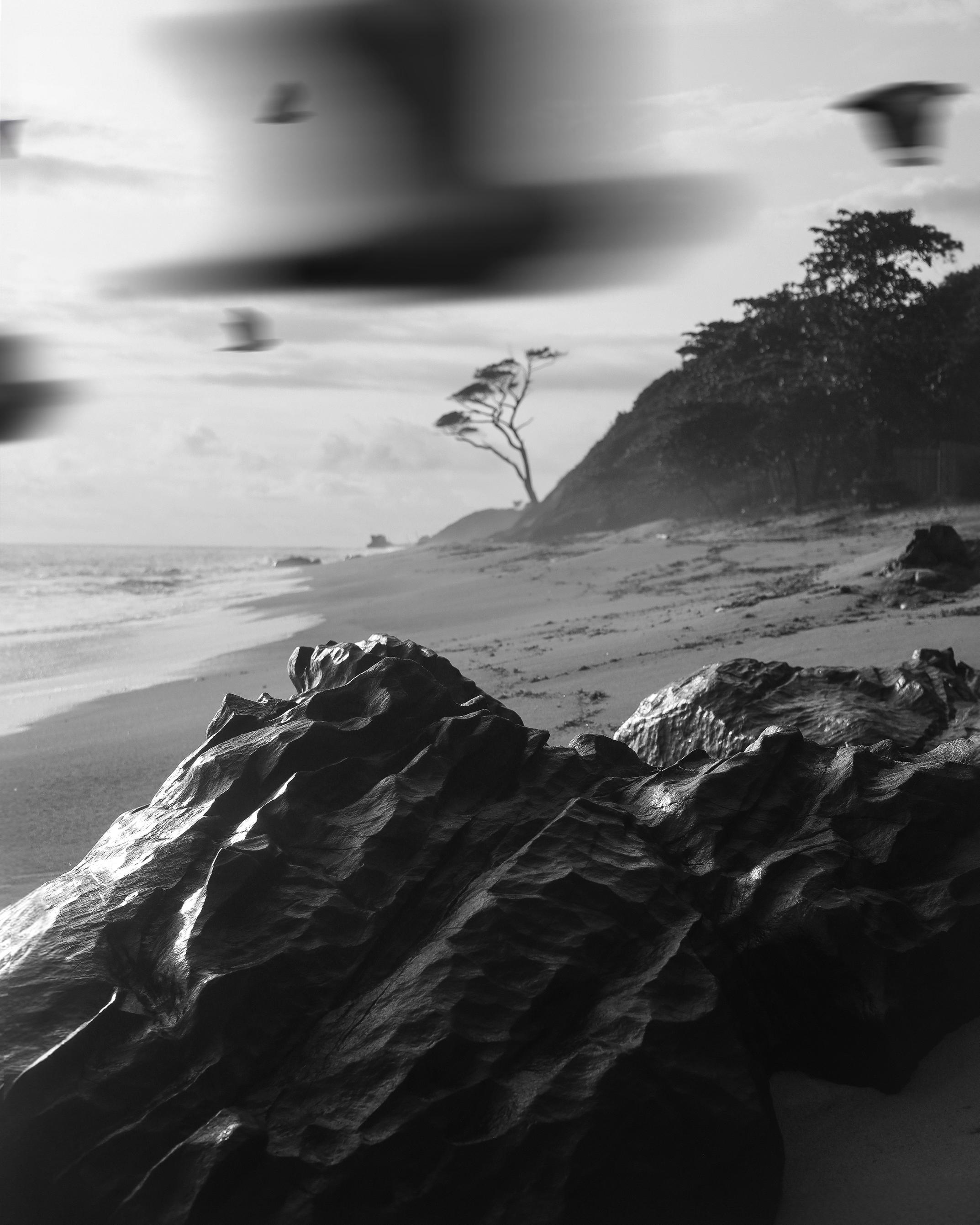
Wakolor Forest, Robertsport, Liberia.
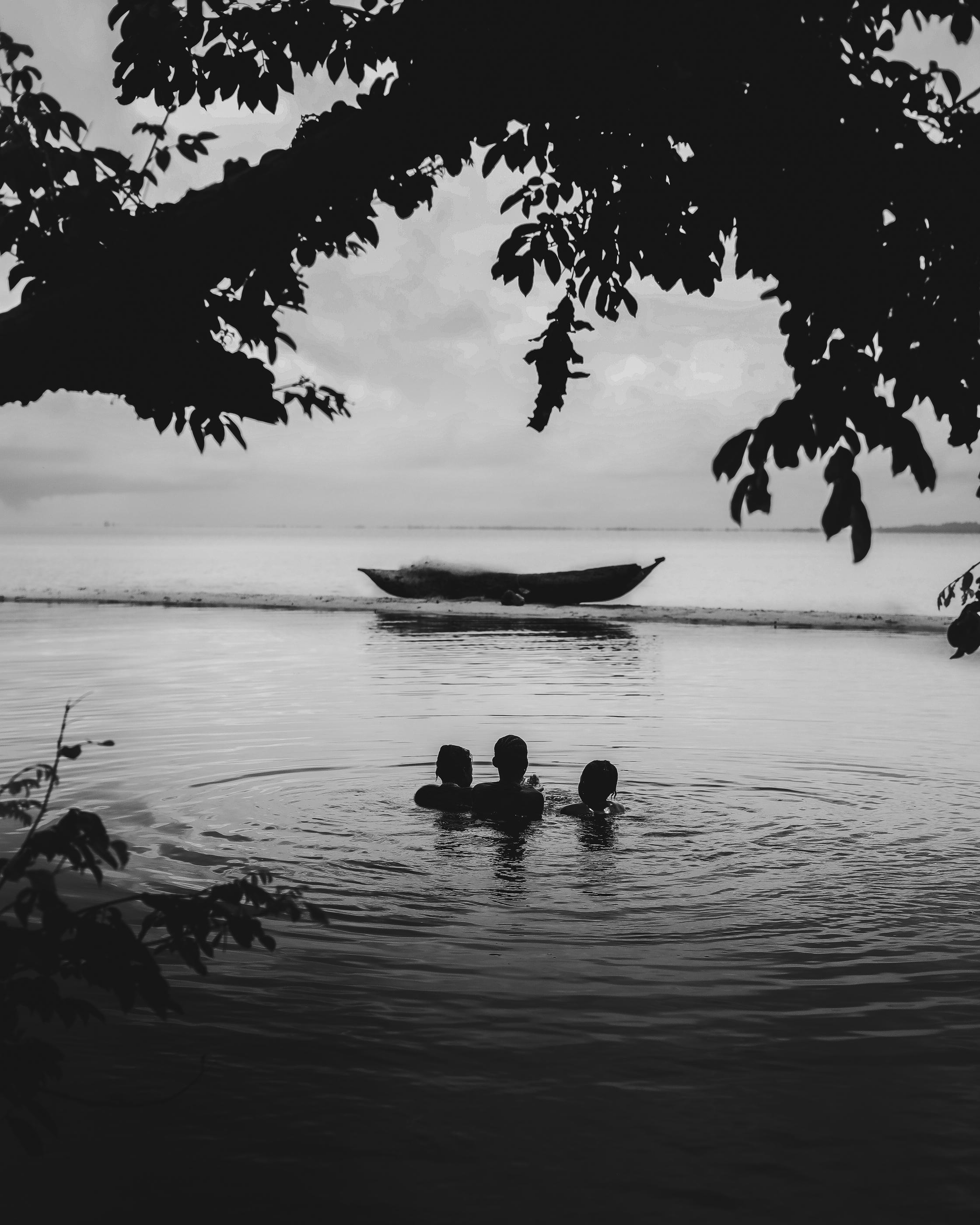
Children swimming. Robertsport, Liberia.

Boys at sea. Robertsport, Liberia.
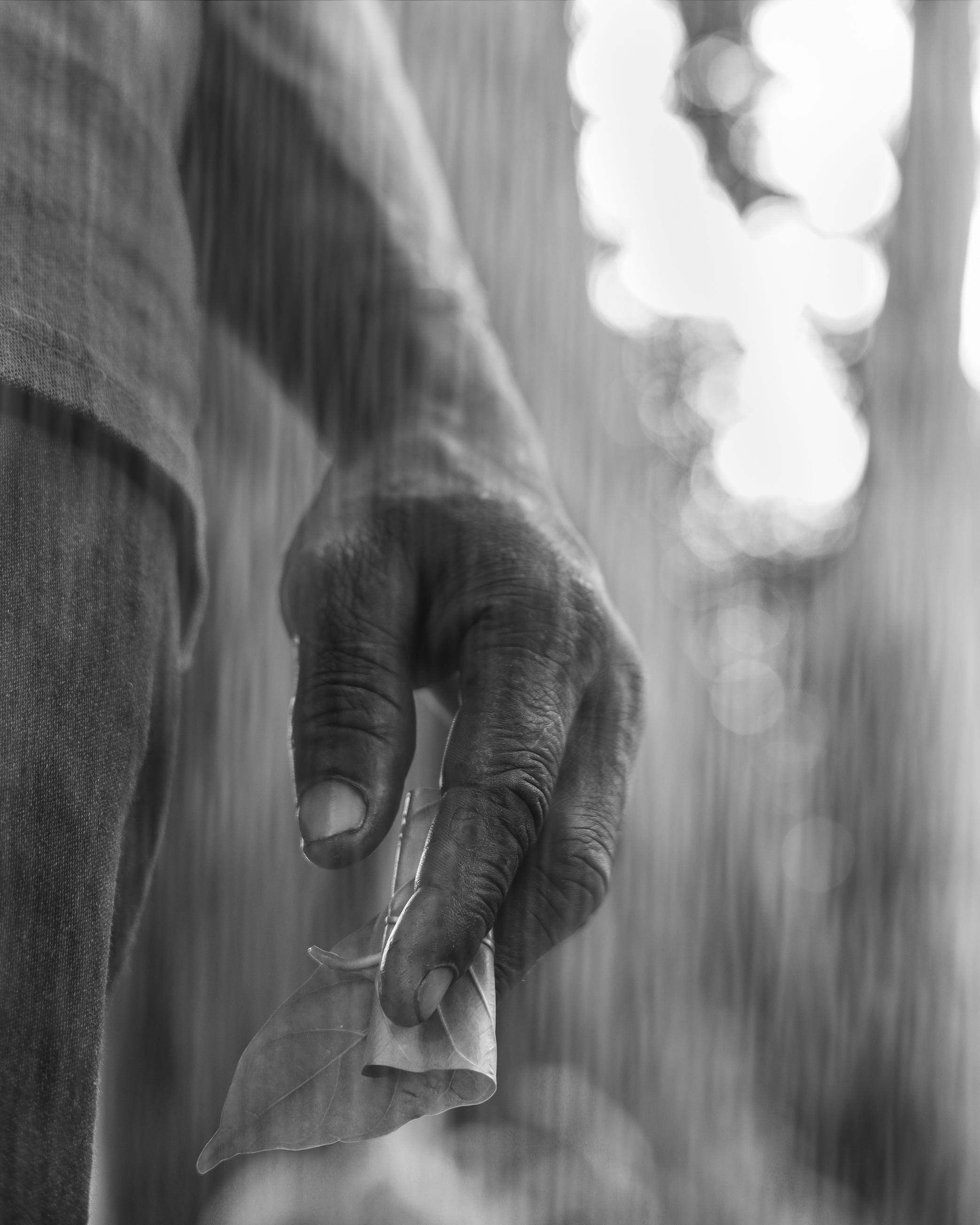
Frontline conservationists. Robertsport, Grand Cape Mount, Liberia.
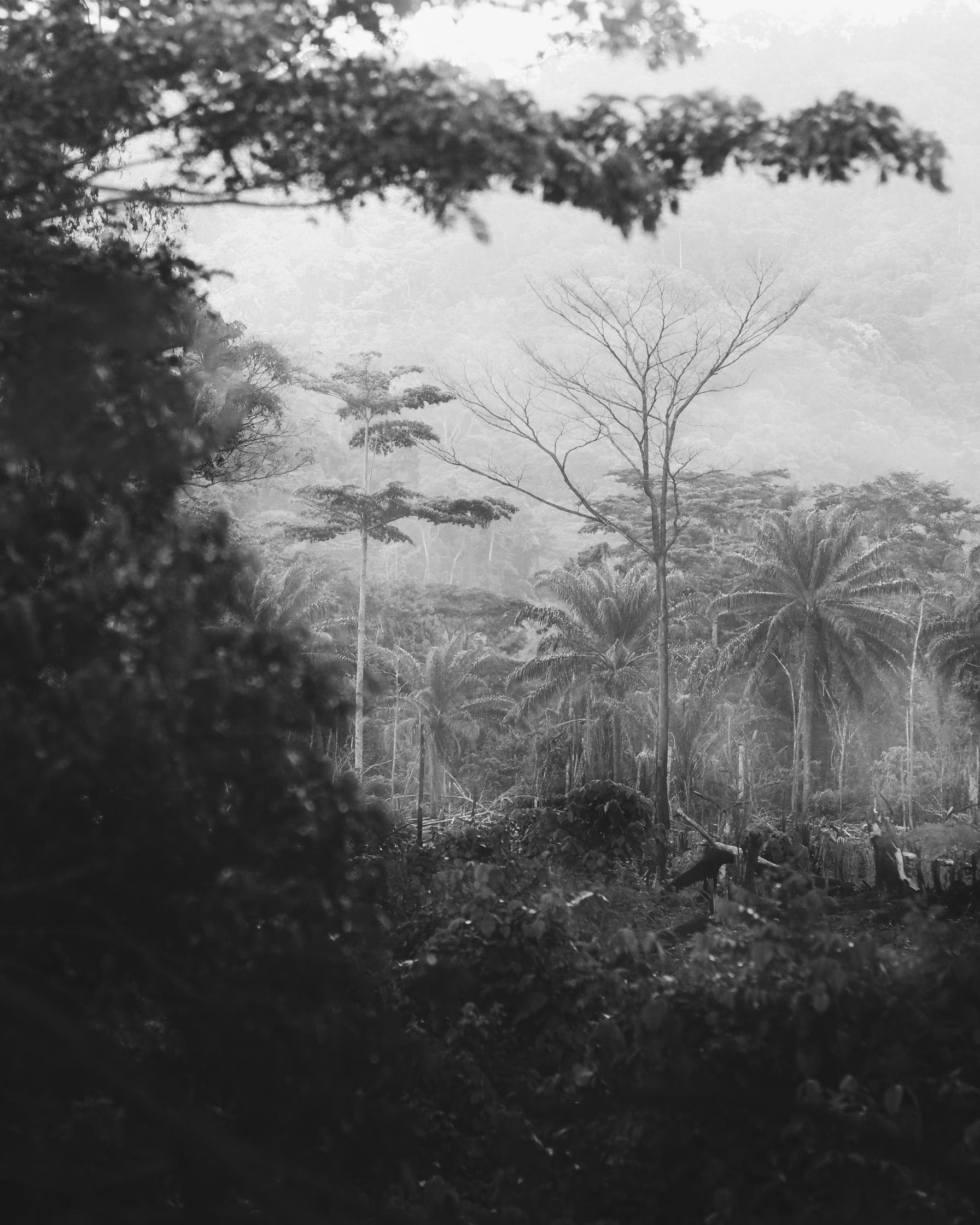
Forest Area, Nimba County.
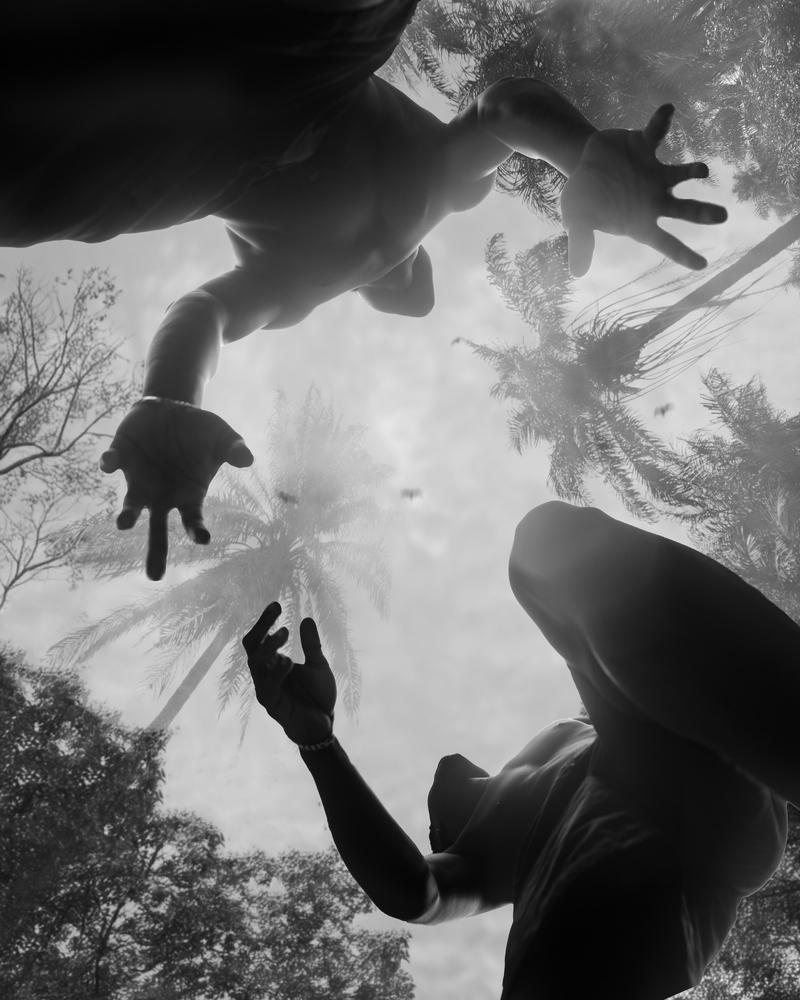
Portrait from below, Grand Cape Mount.
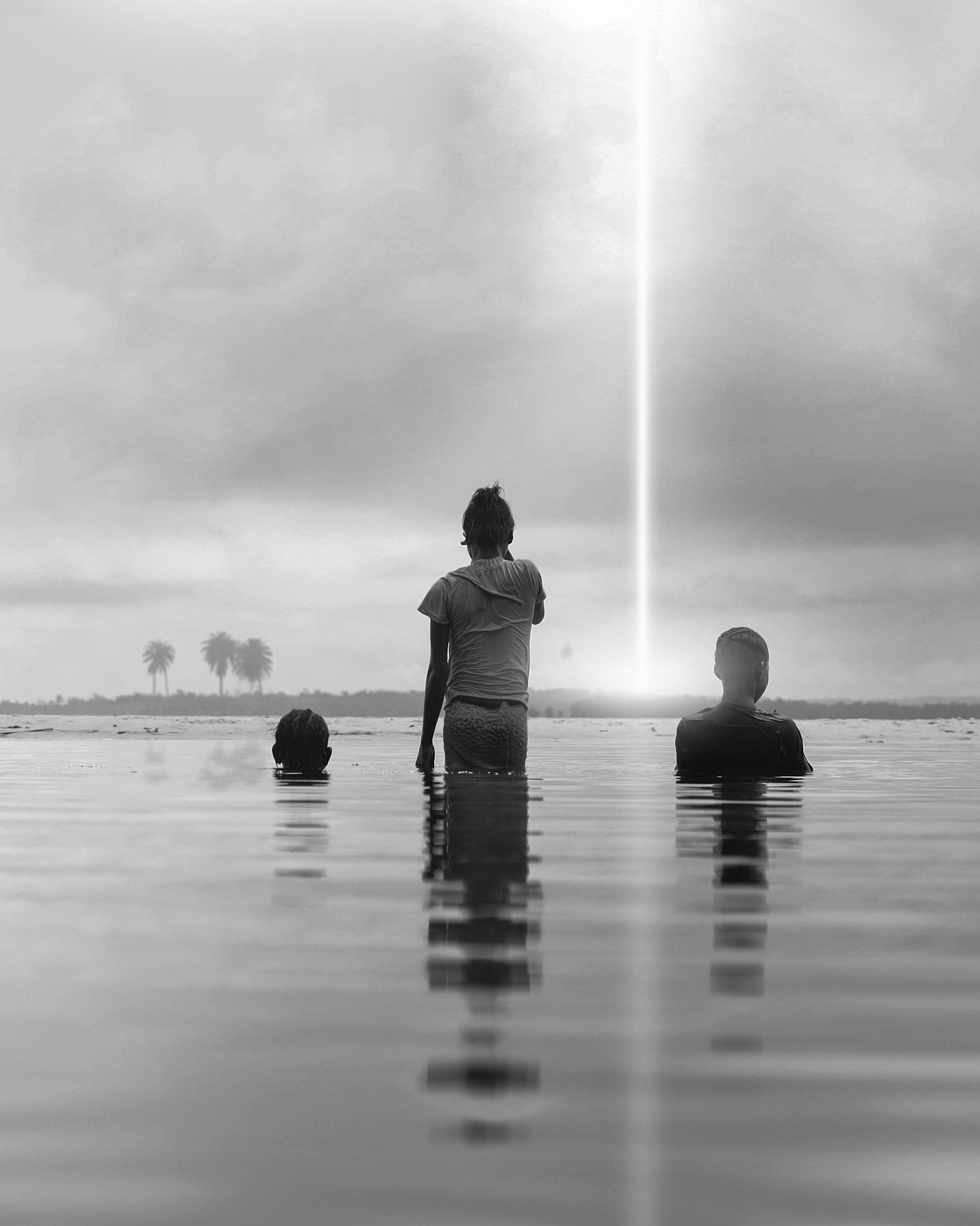
Children swimming, Robertsport, Liberia.
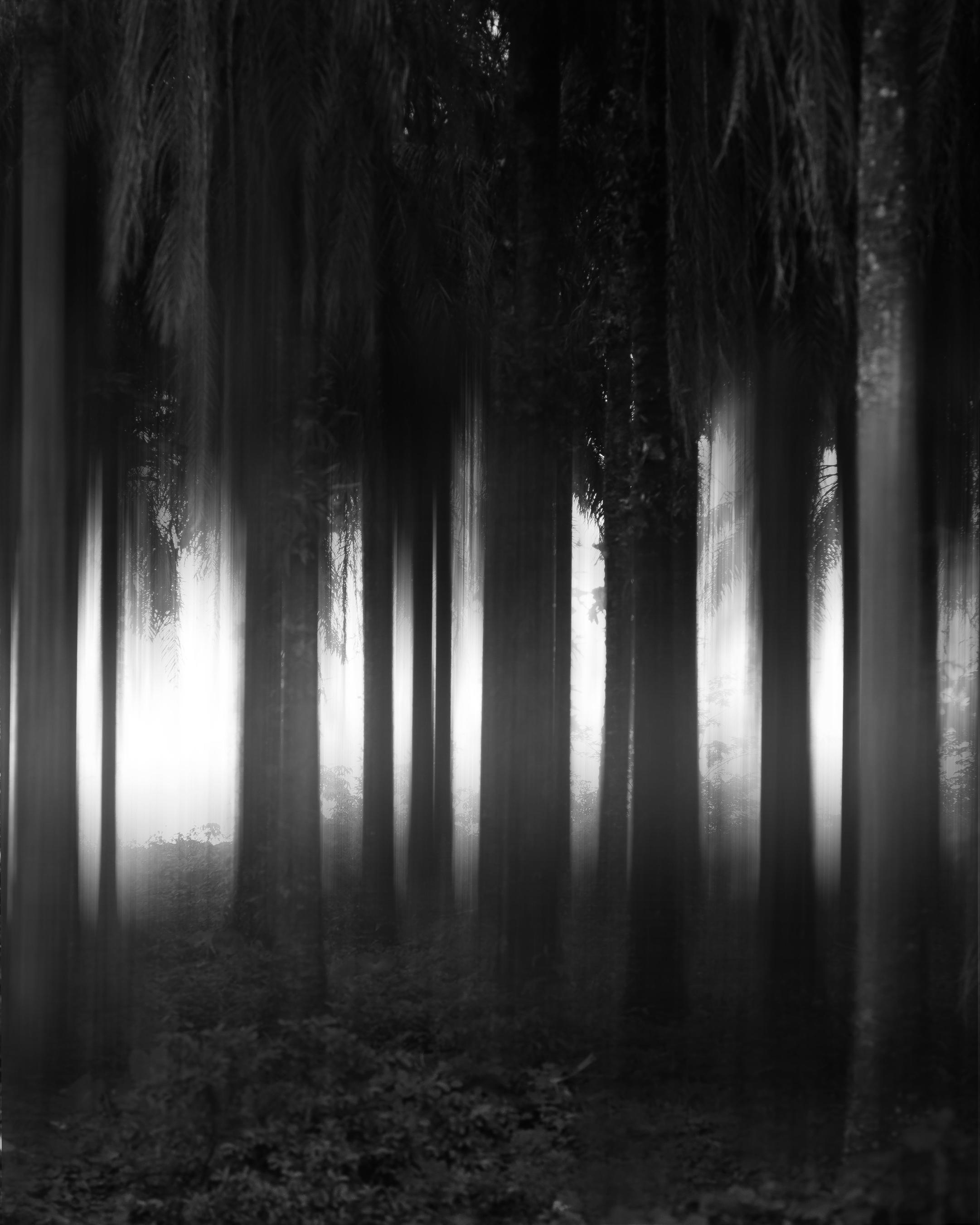
Forest Area, Nimba County, Liberia.
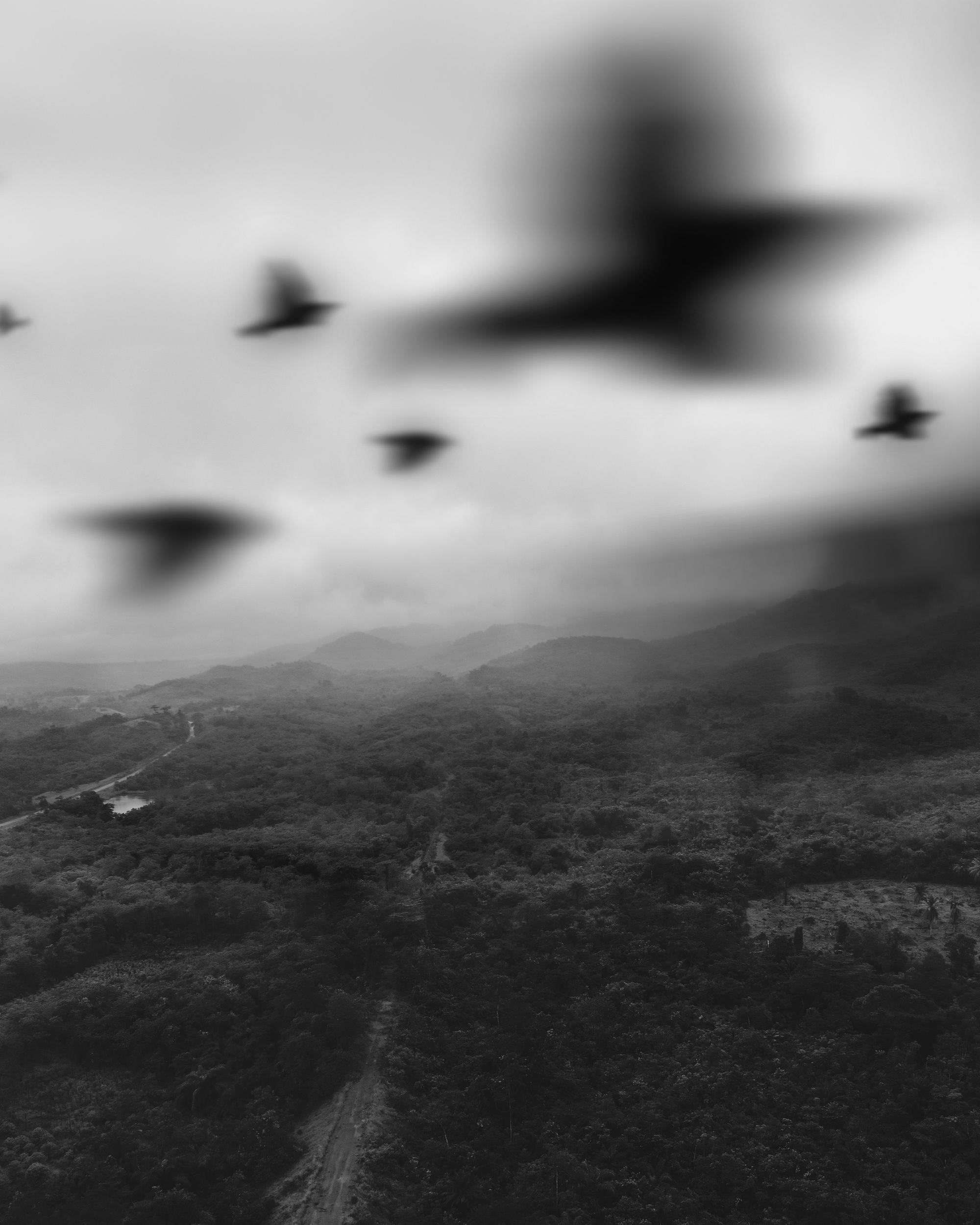
Drone shot, Grand Cape Mount, Liberia.